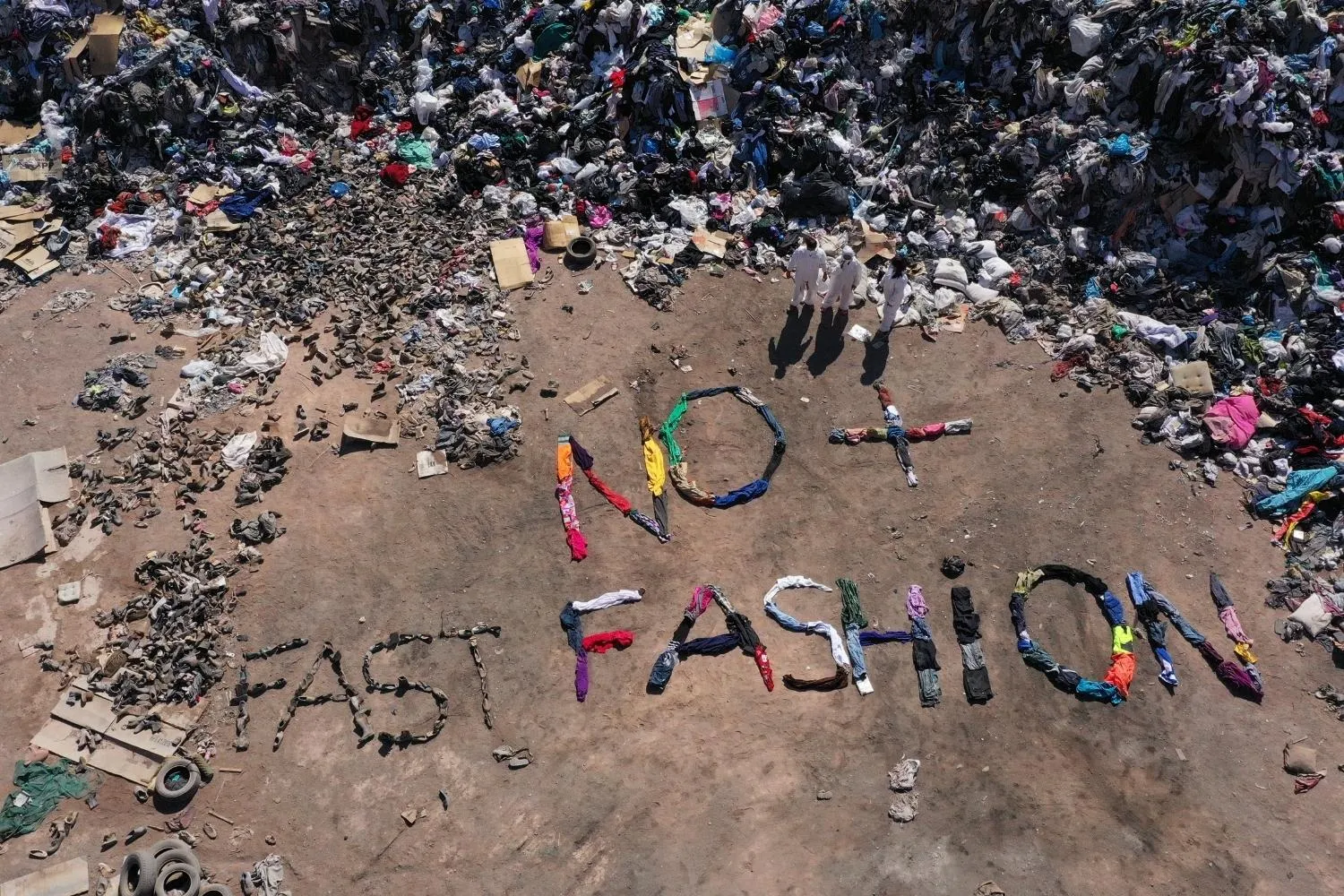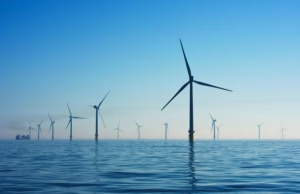Key Impact Points:
- New York DEC proposes mandatory annual greenhouse gas reporting for large emitters, beginning June 2027.
- The rule supports the Climate Act by closing data gaps and informing future climate policies, including cap-and-invest.
- Public comments on the proposed rule are open until July 1, 2025, with hearings and webinars scheduled across the state.
New York Moves to Require Annual GHG Emissions Reporting
As part of its Climate Leadership and Community Protection Act (Climate Act) implementation, the New York State Department of Environmental Conservation (DEC) has released draft regulations for a Mandatory Greenhouse Gas Reporting Program (6 NYCRR Part 253). The proposal mandates large greenhouse gas (GHG) emitters to report annual emissions and related data beginning in 2027.
“This data is critical to inform the State’s sustained efforts to protect our environment and improve the health and quality of life of all New Yorkers, and DEC is prepared to fill the data gaps left behind by proposed federal rollbacks,” said Acting Commissioner Lefton.
Who Must Report?
Under the proposal, entities required to report include:
- Facilities emitting 10,000+ metric tons of CO₂e per year (e.g., power plants, landfills, natural gas compressors)
- Fuel suppliers providing GHG-generating fuels to end users in New York
- Waste transporters sending over 10,000 metric tons CO₂e out of state
- Electric power entities emitting or importing megawatt hours (MWh)
- Agricultural lime and fertilizer suppliers generating GHGs
- Operators of anaerobic digestion or liquid waste storage facilities above the emissions threshold
Reporting for Information Only
The program is strictly for data collection and does not impose emission reduction targets or require the purchase of allowances. According to DEC, the data will:
- Strengthen the Statewide GHG Emissions Report
- Guide future climate policies, including a cap-and-invest program
- Address federal regulatory rollbacks and serve as a backstop for vital GHG data
“The proposed Reporting Rule will enable us to collect the information necessary to develop effective strategies that reduce harmful air pollution and direct investments where they are most needed, while also protecting New York’s consumers and economic competitiveness,” Lefton added.
Large emitters will also need to verify their data through DEC-accredited third parties.
Aligning with a Just Clean Energy Transition
The rule supports Governor Hochul’s $1 billion Sustainable Future Program, unveiled in the 2025 State of the State Address. The initiative aims to advance an equitable clean energy transition, direct benefits to disadvantaged communities, and position New York as a climate leadership model.
The Mandatory GHG Reporting Rule builds the technical foundation for these efforts by ensuring policymakers have access to robust, localized emissions data—critical for achieving net-zero emissions by 2050.
Related Article: UN: Climate Intelligence Crucial for Renewable Energy Resilience

 Follow SDG News on LinkedIn
Follow SDG News on LinkedIn











